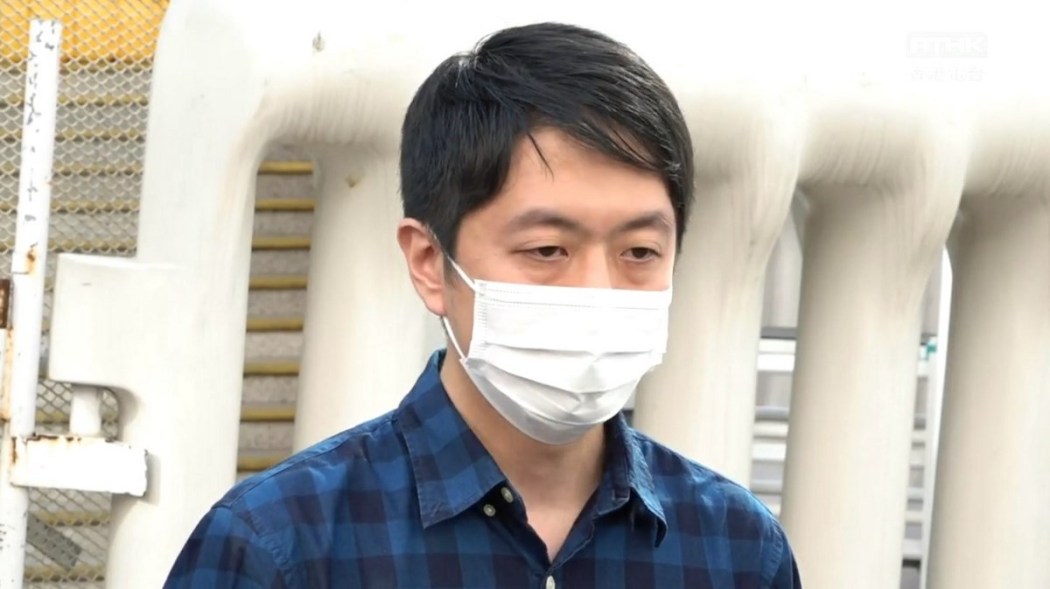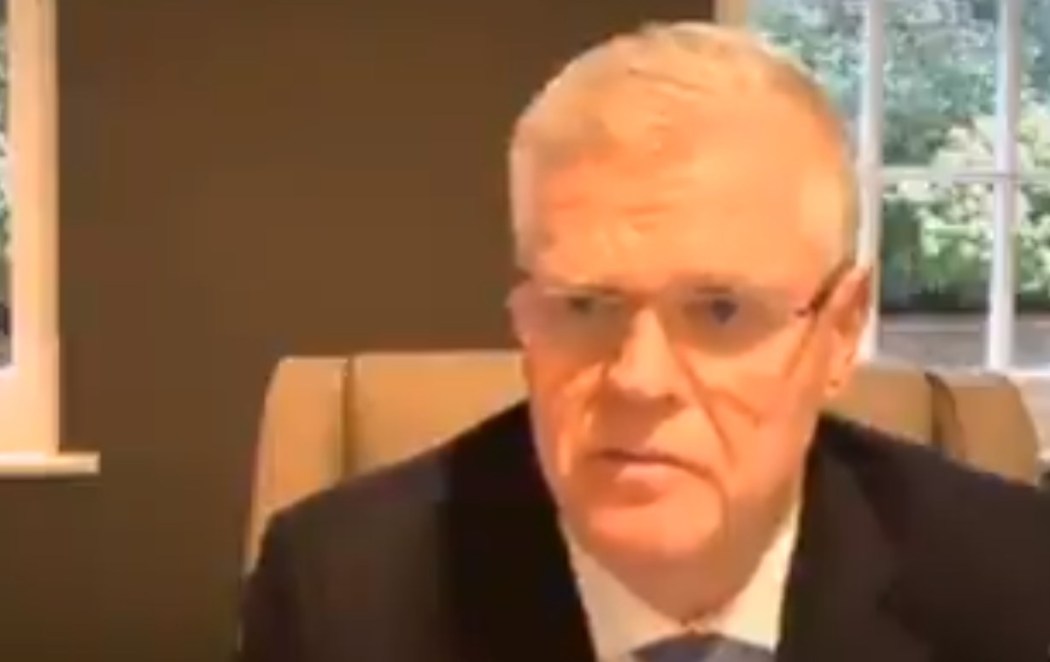by Jitendra Joshi
The boss of banking giant HSBC insisted Tuesday he was legally obliged to close the accounts of a prominent Hong Kong democracy campaigner, as he faced a hostile grilling from UK lawmakers.
Chief executive Noel Quinn was accused by Conservative MP Andrew Rosindell of “double-standards, hypocrisy and appeasement” in acceding to China’s sweeping security crackdown in the former British colony.

“I have to comply with the law,” Quinn told the House of Commons foreign affairs committee when asked about the accounts of Ted Hui, insisting he could not make a “moral or political judgement on these matters”.
Hui, a former lawmaker who has fled Hong Kong, accuses HSBC of flouting his rights in complying with a police order to close accounts belonging to him and members of his family.
He has been caught up in the crackdown imposed under a Chinese-mandated National Security Law in Hong Kong which controversially received support from HSBC among other businesses.
Members of the British parliamentary committee lined up to savage HSBC for supporting the law and for alleged hypocrisy in espousing ethical values elsewhere in the world.

One compared the bank to Barclays, which suffered a consumer boycott in the 1980s for financing the apartheid regime of South Africa.
But Quinn said he had to act in the best interests of the London-based bank — which derives most of its income from Asia — and the economy of Hong Kong.
“We’ve been in Hong Kong 155 years. Today is a particularly challenging time,” he said.
“As challenging as the geopolitics are… I want to help Hong Kong to continue to develop. Am I willing to walk away from Hong Kong? The answer is no.”
180th anniversary
The CEO also denied that HSBC has any business activity in the region of Xinjiang, where the outgoing US administration and rights groups accuse China of waging “genocide” against the Uighur ethnic community.
And he said the banking group had no plans to separate its Greater China operations from the rest of the world, as a means of resolving some of the political challenges it faces in straddling competing political demands.

“I do not see a point where we have to split the institution. I do not think that would be to the benefit of Hong Kong and I do not think that would be to the benefit of the UK,” Quinn said.
The parliamentary grilling coincided with the anniversary of Royal Navy officers planting the British flag on Hong Kong Island in 1841.
“On the 180th anniversary of modern Hong Kong, I want to send all of you who struggle to secure freedom and democracy a message of support not just from myself, but from the whole of the free world,” former Conservative leader Iain Duncan Smith tweeted.
Unlike many MPs and the former US administration, the UK government has stopped short of fiery denunciations of Beijing’s treatment of Hong Kong, which returned to Chinese rule in 1997 supposedly with its freedoms intact for 50 years.
But on Sunday, Britain opens a new visa scheme for holders of British National (Overseas) passports, a legacy of its rule over Hong Kong which will allow more residents of the territory and their dependents to come to the UK.
Support HKFP | Policies & Ethics | Error/typo? | Contact Us | Newsletter | Transparency & Annual Report | Apps
Help safeguard press freedom & keep HKFP free for all readers by supporting our team
























